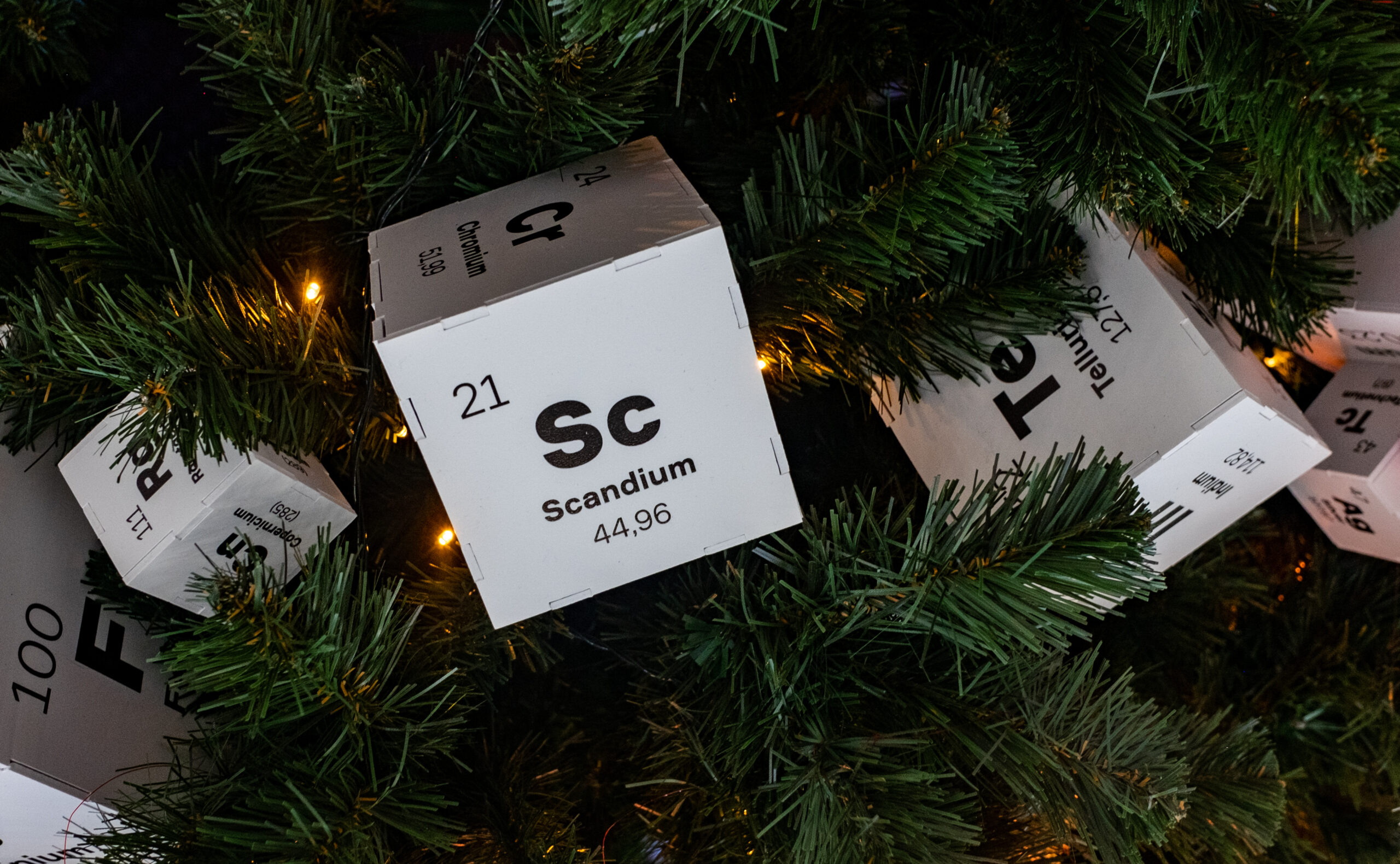In the ever-evolving world of mining and mineral exploration, certain elements periodically spring into prominence, reshaping industry landscapes and investment priorities. One such element, Scandium (Sc), has recently been thrust into the spotlight, thanks to a groundbreaking report by Christopher Ecclestone of Hallgarten + Company. This report shines a light on Imperial Mining Group Ltd. (TSXV: IPG | OTCQB: IMPNF), a company poised to become the first primary Scandium miner in North America.
Rio Tinto’s Game-Changing Move
Rio Tinto Group’s (NYSE: RIO | LSE: RIO) involvement has been a catalyst in transforming the critical mineral Scandium from an obscure element to a sought-after commodity. Their investment in Quebec has positioned the region as a secondary producer of Scandium, directly impacting the dynamics of the global Scandium market.
Imperial Mining’s Crater Lake Project
At the heart of Ecclestone’s report is the Crater Lake project, wholly owned by Imperial Mining Group. Located in Quebec, the project, initially aimed at Rare Earth Elements (REE, rare earths), has evolved over 12 years into a major Scandium deposit, offering both challenges and opportunities for the company. The project, now seen as one of the largest viable Scandium projects in North America, boasts a promising after-tax NPV of $1.72 billion and an IRR of 32.8%.
Project Evolution and Opportunities
The Crater Lake project’s shift away from rare earths to Scandium could potentially lower capital expenditures while enhancing the IRR. This strategic pivot is particularly significant as Scandium’s role in light-weighting in the aeronautics sector grows. The project’s life of mine, initially estimated at 25 years, has the potential to extend to 40 years, thanks to recent increases in the Mineral Resource Estimate.
Geological and Resource Highlights
The Crater Lake property consists of 96 contiguous claims covering 47 km², with an updated Mineral Resource Estimate indicating a significant increase in Scandium tonnage. The exploration data reveals high concentrations of iron oxide and rare earths, and the property’s geology is characterized by a variety of lithologies including granite, quartz monzonite, and ferrosyenite, making it a complex but lucrative mining prospect.
Exploration and Future Prospects
Imperial Mining has conducted extensive exploration programs since acquiring Crater Lake. These include geophysical modeling, drilling programs, and geochemical studies. The company’s future plans include converting inferred mineral resources to indicated and potentially measured resources, further solidifying the project’s potential.
Investment and Market Dynamics
Ecclestone’s report also touches upon the cautious investment climate, emphasizing the importance of realistic production perspectives. The entry of new players like Imperial Mining into the Scandium market adds an intriguing dynamic to the price and demand for Scandium, especially considering the uncreated demand from end-users.
Conclusion
For investors and industry enthusiasts looking to understand the intricacies of Scandium mining and its future potential, Christopher Ecclestone’s report on Imperial Mining Group Ltd. is a must-read. It not only provides an in-depth analysis of the Crater Lake project but also offers insights into the broader implications of Scandium mining in North America. As Scandium’s importance in critical industries like aerospace grows, keeping an eye on developments like Imperial Mining’s Crater Lake project becomes crucial.
To delve deeper into the fascinating world of Scandium mining and understand how Imperial Mining Group Ltd. is set to revolutionize this space, I highly recommend reading the full report by Hallgarten + Company’s Senior Analyst Christopher Ecclestone . It’s an enlightening journey through the complexities, challenges, and immense potential of Scandium in the contemporary mining industry.
Note from the Publisher: On my industry expert lists, scandium is deemed a rare earth element. This said on the Critical Minerals Institute (CMI) lists for the USA, Canada, Australia and Europe, they all list scandium seperately as a critical mineral.




Leave a Reply